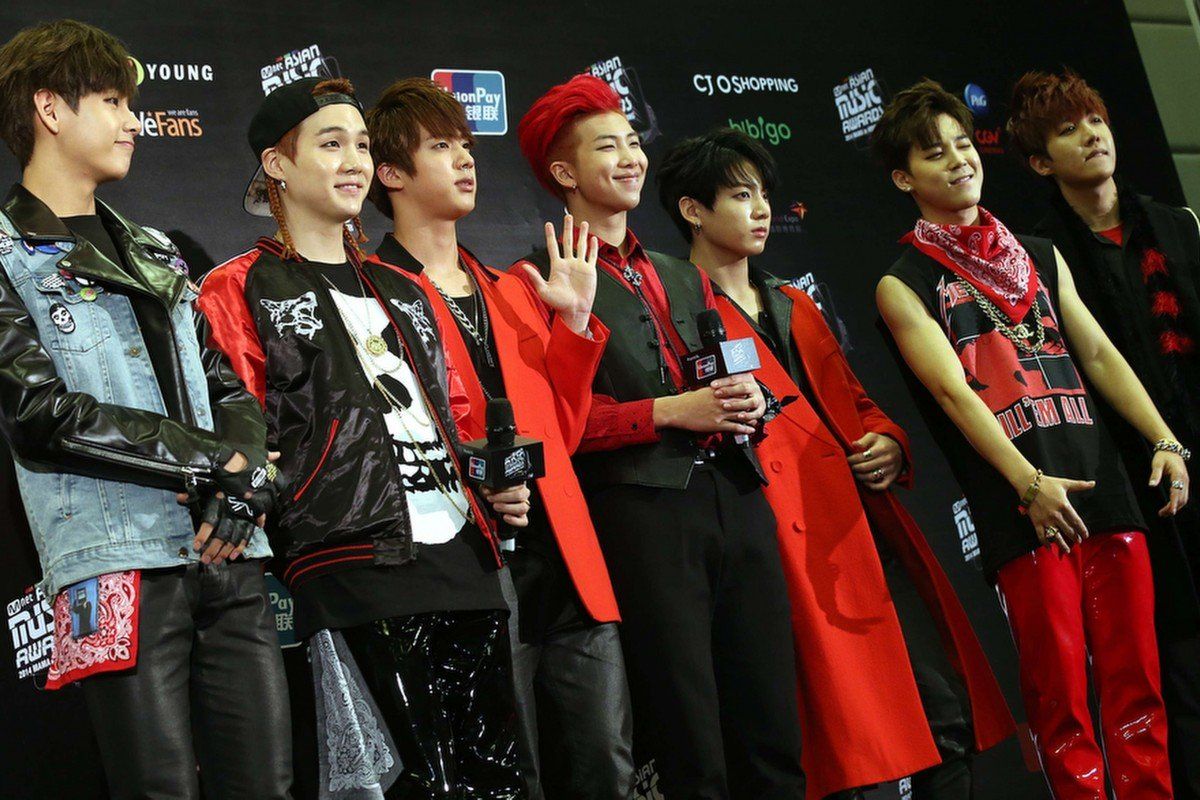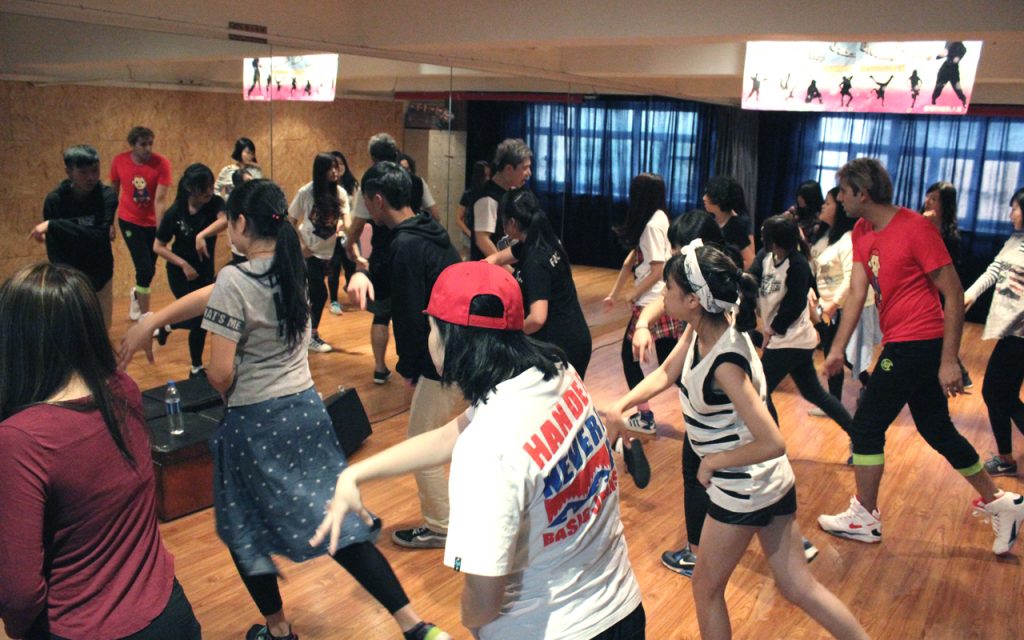Voices: A view of the Korean wave in Hong Kong as a Korean-Hong Konger
Coming to Hong Kong for university, I hadn’t imagined being in touch with my Korean roots.

A few minutes every morning is all you need.
Stay up to date on the world's Headlines and Human Stories. It's fun, it's factual, it's fluff-free.
Coming to Hong Kong for university, I hadn’t imagined being in touch with my Korean roots. Instead, I expected to indulge in Hong Kong culture – grabbing bubble tea (probably too often), listening to some Cantonese tunes, getting introduced to Hong Kong dramas or movies or even more.
Despite knowing the immense popularity of K-pop and K-dramas, also known as the Korean wave or Hallyu, it felt more like an intangible internet phenomenon that I would not encounter. I can say that this was the same for the people around me in Korea, unaware of the actual implications of Hallyu crashing across the world. But, it’s safe to say that my beliefs regarding the Korean wave being intangible before returning to Hong Kong were completely wrong.
Before Hallyu actually hit Hong Kong
Attending primary school in Hong Kong, although I attended an international school, I received the question, “Are you from South Korea or North Korea?” frequently. I remember feeling confused, especially at a young age, about how people didn’t know the difference between South Korea and North Korea. Innocent yet uninformed questions that regarded the two countries as the same angered me as a child and generalized my view at the time that people in Hong Kong did not know or care about Korea.
I remember studying Korean diligently at a Saturday Korean school, determined to retain my roots. Listening, watching and enjoying Korean entertainment and culture was initially a task to preserve the “Korean” in me, but it eventually became a natural part of me. The scorn of classmates that didn’t have much respect for Korean culture, repeatedly telling me that I was just an international student or third-culture kid, followed through to secondary school where they immediately deemed Korean culture as “cringey.” It’s interesting to see those same friends rave about K-pop and K-dramas online now – not in a sarcastic way – it seems to prove the immense impact Korean culture has had.
Hallyu in Hong Kong

Nowadays, I see the impact of Hallyu everywhere in Hong Kong. I can simply start with my name, a great conversation starter, and people ask excitedly, “Is your name Jimin as in BTS Jimin? Is it the same name?”
I’ve had countless friends, all non-Korean, relentlessly telling me to listen to a new K-pop song from a Korean group I’ve never heard of, telling me to watch a Korean drama or movie and sometimes even suggesting I check out a new variety show or Korean YouTube channel. They compliment my wardrobe and style, most pieces originating from Korea.
Some friends also thrive on Korean food, asking me for “authentic” recommendations of restaurants, as well as drinking more Soju than I’ve seen them drink of other alcoholic beverages. (Just a quick fact – Soju tastes better when mixed with beer, with the ratio of Soju to beer around 3:7).
It’s not just these friends that surprise me, but the streets of Hong Kong, too. Walking around, Korean restaurants and shops selling Korean food products greet me frequently. I was walking around a mall and ran into a K-pop idol’s birthday cafe. Although a common sight in Korea, I had never expected to see that culture thriving in Hong Kong. It’s just a small part of how fandoms work in Korea, but this fulfillment makes me believe that so many aspects of Korean culture are being attained here in Hong Kong, too.
Meeting people that were thrilled because I was Korean, excited to practice their Korean or share their perspective on Korean culture, has opened my eyes to the beauty of the Korean wave. Of course, I could address the apparent adverse effects that drag along, such as stereotyping and the unhealthy portrayal of appearance and body images. Still, so far, positive experiences have overridden the negative. However, it constantly leaves me wondering why or how the Korean wave hit Hong Kong so hard?
Why Hallyu has crashed hard
This is always a question that comes to mind after interactions with excited Hong Kong locals. It’s even been a question in mind before I returned to Hong Kong for university when I encountered the comment section of YouTube videos of K-pop idols. There are barely any Korean comments in sight on the top; the top of the YouTube comments section is filled with foreign comments supporting the idols. This goes not only for idols but also for YouTube videos of K-dramas, mukbang and variety shows.
Despite the language barrier, seemingly overcome with subtitles, it’s also interesting to me to see the popularity of Korean culture outside of Korea because of traditional Korean values. I learned about historical values, especially prevalent when Korea was under Japanese rule, like “toadyism,” which refers to the people devoting themselves to more “powerful countries,” which meant the West at the time. To once praise and attempt to emulate Western culture to being praised and loved, it’s a constant reminder of how far Korea has come.
It’s still a question to me why Hallyu has crashed the world so hard. Perhaps it’s an extrapolation of globalization, or it started from the unique and memorable dances of K-pop. I guess in Hong Kong particularly, the anti-Japanese sentiment could have appealed to people initially, then the captivating and simply different nature of Korean culture reeled them further in. It’s still a mystery but a good one to continue exploring.
Have a story to share? Get in touch at contributors@themilsource.com




Comments ()